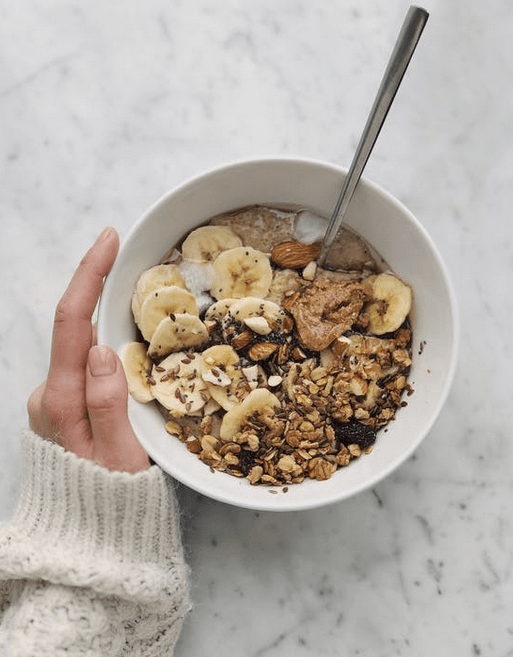Eating healthy foods is a must for everyone. And it’s only one of the many ways to feel better, look better and live longer. But eating a healthy diet requires more than just an understanding of what foods are healthy and which ones are not.
Discussed are some healthy food ideas that you can try at home or when eating out to stay on your track to health.

- fruits and vegetables
Fruits and vegetables are the most important part of any diet. Even if you eat unhealthy foods, eating a lot of fruits and vegetables every day will help you get the nutrients you need for good health and keep you from feeling hungry.
A diet rich in fruits and vegetables will also help your body fight off diseases like cancer. Many fruits and veggies contain large amounts of antioxidants which can protect your body from damage caused by free radicals produced by everyday activities.
People who eat plenty of fruits and vegetables are also less likely to suffer from heart disease and stroke, so fruit juices and fresh fruits are a great choice for snacks. Whole fruits are better because they contain more fiber which slows down digestion. And you’ll get more vitamins, minerals, and antioxidants from raw fruits and veggies than processed foods.
- Protein
Protein is the most important nutrient in a healthy diet. It’s found in foods such as meats, fish, eggs, dairy products, and certain nuts such as almonds.
Protein helps build muscle and maintain lean body weight. Consuming too much protein can cause gas and bloat, so a non-animal protein source containing some carbs will be a better choice for most people.
- Beans and legumes
The healthiest protein sources are beans and legumes, which are high in fiber and contain no cholesterol. Beans and legumes include chickpeas, lentils, black beans, soybeans, and peanuts.
Studies have shown that diets high in fiber can help lower your blood cholesterol level. The soluble fiber (found in beans) will also help you feel full longer, so you’ll eat fewer calories during the day.
- Fats and oils
Healthy fats can benefit your health in several ways. The monounsaturated fats found in olive oil, nuts, and avocados are excellent sources of vitamin E, which acts as an antioxidant to protect your cells from damage and lower your risk of heart disease.
The omega-3 fatty acids found in fish are good for the brain and can help prevent depression. You can also get omega-3s from flaxseed and fish oil supplements.
- Whole grains
Whole grains are the least processed form of grains, containing all of their natural nutrients. Whole grains include oats, brown rice, and whole-wheat products such as pasta, bread, and crackers.
The best whole grains will be listed as the first ingredient on the package, so check food labels to see if it’s a healthy choice.
- Fruit juices
Juice is the nutrient-rich liquid that surrounds fruits after they are picked. Juices contain vitamins, minerals, and antioxidants. The problem with many fruit juices is that they are highly concentrated in sugar and have little or no fiber.
The best juice to drink is fresh fruit juice. Frozen juices tend to contain added sugar, and there’s no evidence that they’re as healthy as fresh juice.
- Dairy products
Dairy products contain calcium, vitamin D, protein, and other nutrients that are good for your health. The best milk to drink is low-fat milk or skim milk because it’s a better choice for most people.
Cheese is also a good source of calcium. What kind of cheese you eat is less important than in moderation because cheese can be high in saturated fat and calories.
In conclusion, eating healthy foods will give you energy and lead to a healthy lifestyle that can help you live longer and feel younger. So, eat the right type of food and be healthy.
To hear more tips and tricks head to the home page and see what we’re doing to stay Happy, and stay healthy!